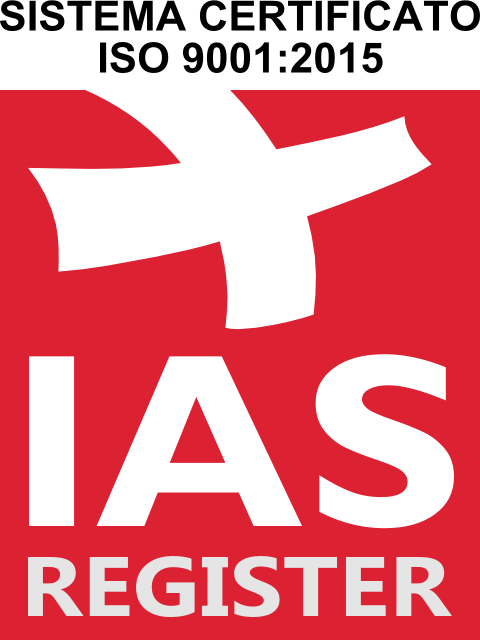The Italian Research and Development Institute bases its foundation on the experience gained since 2011, in the application of Law 106/2011 which recognized a series of benefits for those private companies that carried out research and development activities.
Over the last few years, through the introduction of innovations, it has been possible to raise labor productivity to the point that national policy has also accelerated regulations in this direction. The Italian Government has finalized the National Research Program 2015 - 2020 as well as the National Industry 4.0 Plan, which illustrate a set of organic and complementary measures, able to favor investments for innovation and competitiveness.
From this point of view, all the measures that were found to be effective in responding fully to the emerging needs were strengthened and addressed in a logic 4.0, and new ones were planned in parallel, to regulate the process triggered by the Fourth Industrial Revolution.
On the national territory, the North-West District lacked an entity specifically concerned with integrating the technical-scientific world with that of the enterprise, reducing the distance that often existed between the two in an attempt to develop (Technical/Practical Knowledge) know-how and synergistic collaboration in order to achieve common goals.
In this way ISIRES was born, a Research Organization in which multidisciplinary figures operate, with the aim to link knowledge in all its forms to technology, acting as an intermediary with companies, whose economic trend is increasingly focused on acquisition of specialized knowledge. The aim of the Italian Research and Development Institute is to accompany entrepreneurship along the innovative project path in order to favor its development and growth.
OUR MISSION
• Encourage, support and develop research and development initiatives and projects in collaboration with public and private national and international organizations, through tools that facilitate the exchange of study and research experiences;
• Promote, also in collaboration with public and private national and international organizations, initiatives aimed at the dissemination of scientific, technical and humanistic culture, making use of all the instruments considered appropriate by allowing the binding common experiences in the field of university education in the world (professors, universities and students);
• Support, through the participation of personalities (individuals) from the scientific, technological and humanistic world and / or academics of the sector, the realization of the "good practice of the rules of investigation and experimentation", proposing the regulatory and financial support to the institutional organizations in charge;
• Encourage the exchange of experience between individuals and companies operating in the European continent, in order to allow the evolution of related processes through invention and productive and organizational innovation;
• Seek material, economic and financial support from commercial companies, institutions and public bodies to support research and innovation initiatives implemented by individuals and companies that interact with the institute;
• Create "thematic technological workshops" for the creation and invention of new products, processes and technologies to be made available to individuals and companies with equal access opportunities and without any discrimination;
• Investigate and explore in the national territory and in the European continent the opportunities for research, experimentation and study, also with the purpose of creating and offering employment sources for the youths, workers and companies that operate in the national territory;
• Support the interaction and relationship among universities, professionals and work world, thanks to the promotion of debates, with particular reference to new professions, in order to guide young people through a largely integrated training path;
• Support the youths, individuals and companies dedicated to research, invention and innovation of production processes, promotion of products and services that pursue the development of economic, commercial activities;
• Promote training courses for the reintegration into the labor world of workers with obsolete professional skills or those that are no longer required in the current work world.











